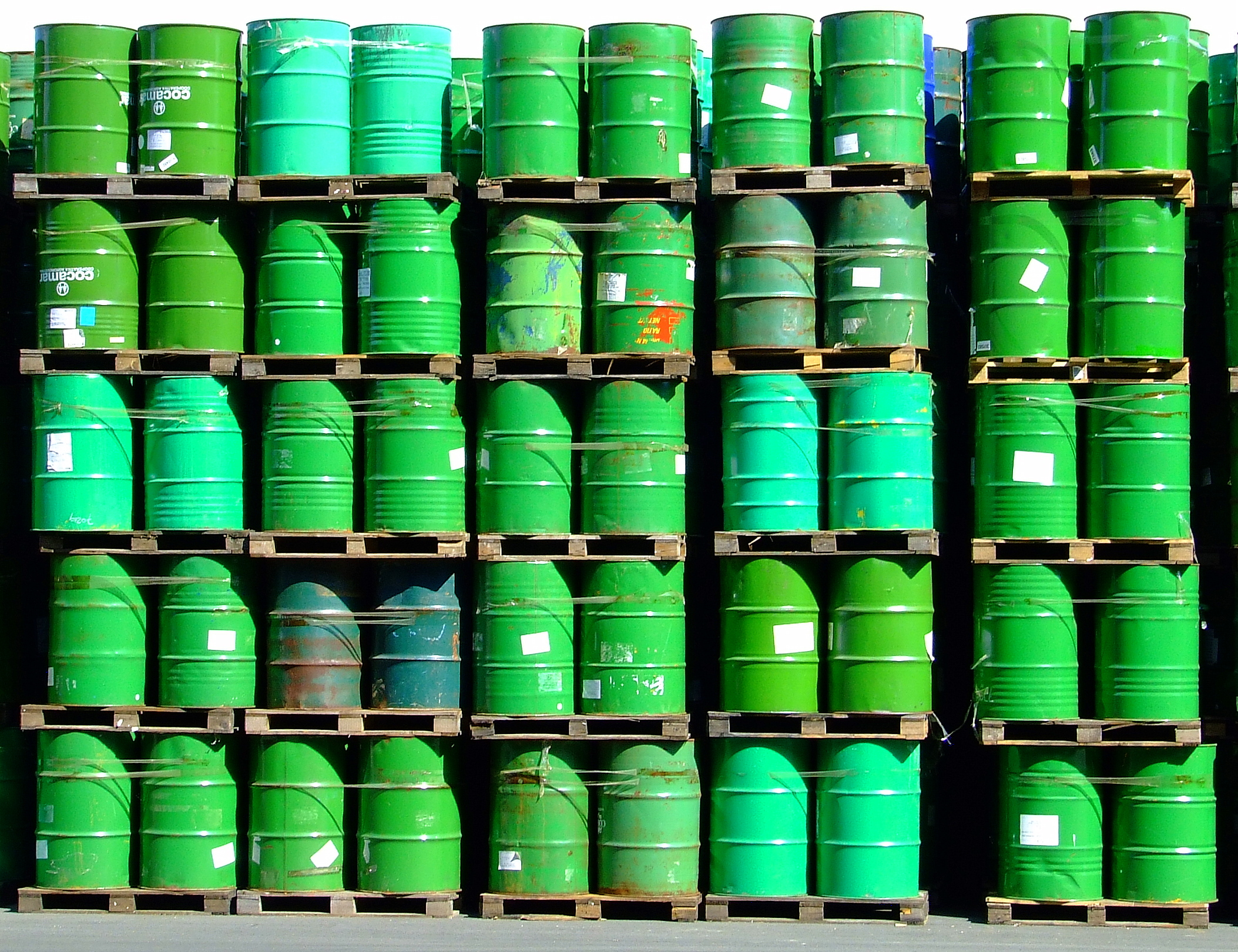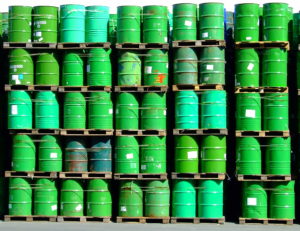Kenya’s Early Oil Pilot Scheme gets go ahead
Published on 2016 October 19, Wednesday Back to articles

Tullow Oil and its joint venture partners met with President Uhuru Kenyatta on 6 October to officially commit to the Early Oil Pilot Scheme (EOPS) – the plan to truck oil out from Turkana to Mombasa for export before next year’s elections. The announcement was followed by a briefing on the scheme by Andrew Kamau, principal secretary to the Ministry of Energy and Petroleum. Not surprisingly, Kamau stressed that the venture was not expected to be money making, and he estimated that the cost of moving a barrel of oil to Mombasa would be US$34.
The surprise from the briefing was that rail transport will only be used once traffic hits 5,000 barrels per day. EOPS has always been sold as a road/rail solution, with oil being trucked to Eldoret for transfer by train to Mombasa. The consequence of the announced plan will be a considerable increase in risk. The number of trucks on the road each day will be considerable; the ministry says that it will be just 14, whereas a civil society group, the Kenya Civil Society Platform for Oil and Gas (KCSPOG), estimates 30 trucks. Tullow Oil, meanwhile, commissioned an Environmental and Social Impact Assessment that is to consider traffic of up to 40 trucks per day. The route they will take is not an easy one: road infrastructure between Lokichar and Eldoret is poor, with 270 km between Lokichar and Kitale in need of an upgrade, and one bridge in need of reconstruction.
With a June 2017 target, EOPS will be starting off at possibly the worst time – less than three months before the general election. The National Cohesion and Integration Commission, earlier this year, identified 19 counties at serious risk of electionrelated violence – the EAOPS trucks will pass through six of them, and will make an easy target for politicians eager to make a mark at a critical time.
While overall the EAOPS will not make money for government, it will be lucrative for logistics companies transporting oil at US$34 a barrel. This week, Tullow Oil released tenders for the provision of road transport, and heated insulated tank containers. For the contract, tenders specify that suppliers must be Kenyan registered, and stress the need for a high level of local content in sub-contracting. There is precedent: in Turkana County most protests against Tullow Oil – particularly at their peak in 2013 – had the aim of securing local transport contracts. Tullow Oil’s response after the 2013 shutdown meant that local politicians, such as Member of Parliament for Turkana South James Lomenen, saw contracts going to firms and individuals connected to them. The oil trucking contracts in the latest tender will be much more valuable, and will therefore go to well-connected Nairobi contractors, however, the local content provision will have been included to stave off the type of disruption pioneered by Lomenen.



